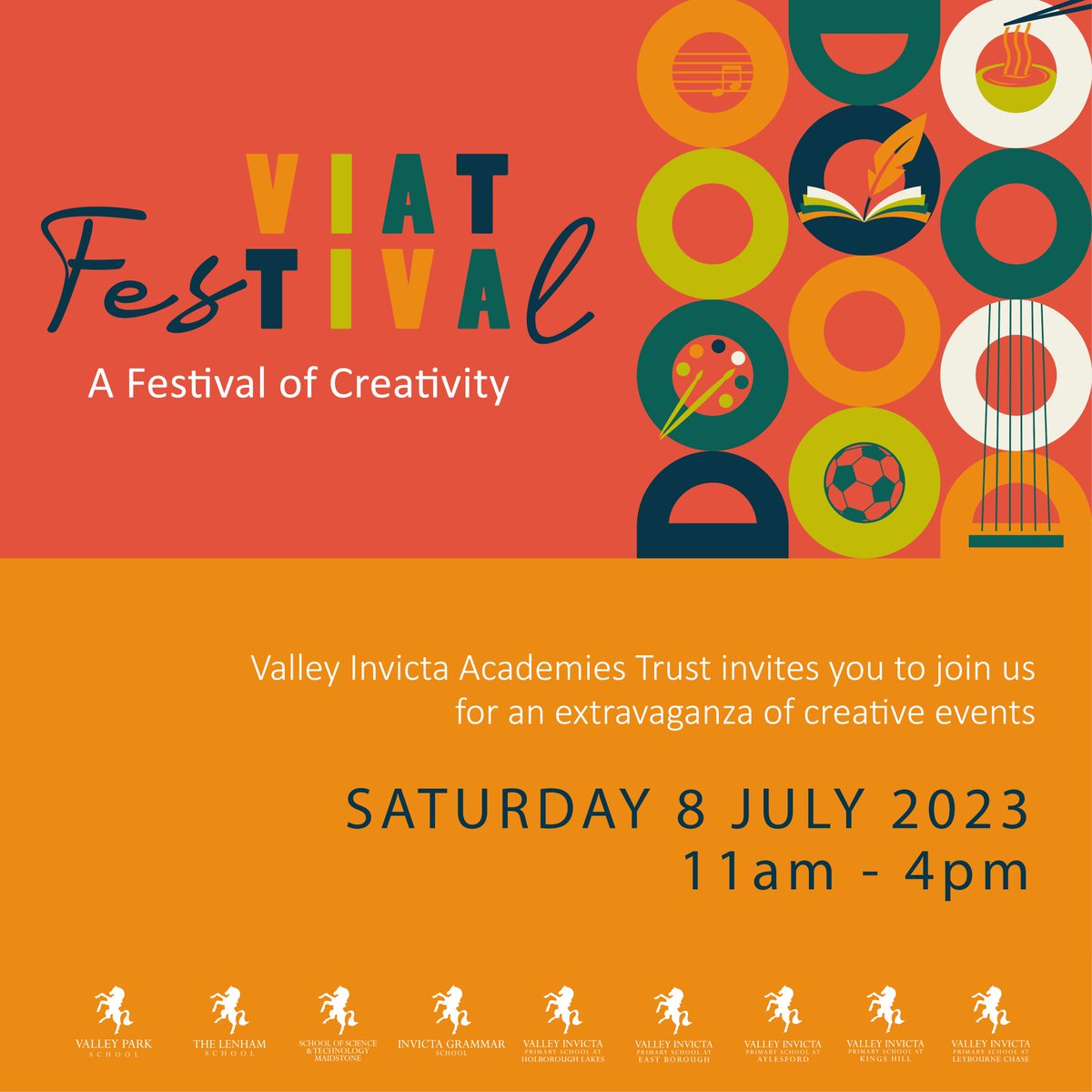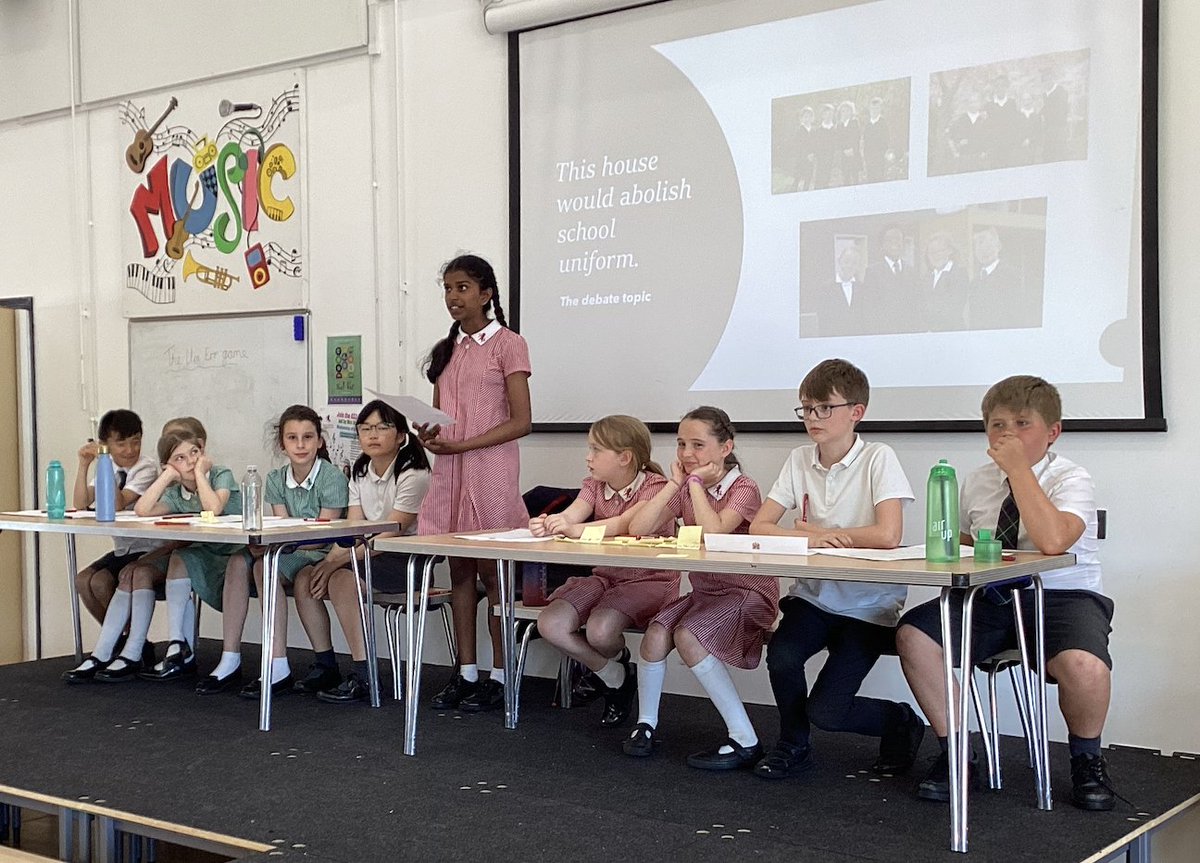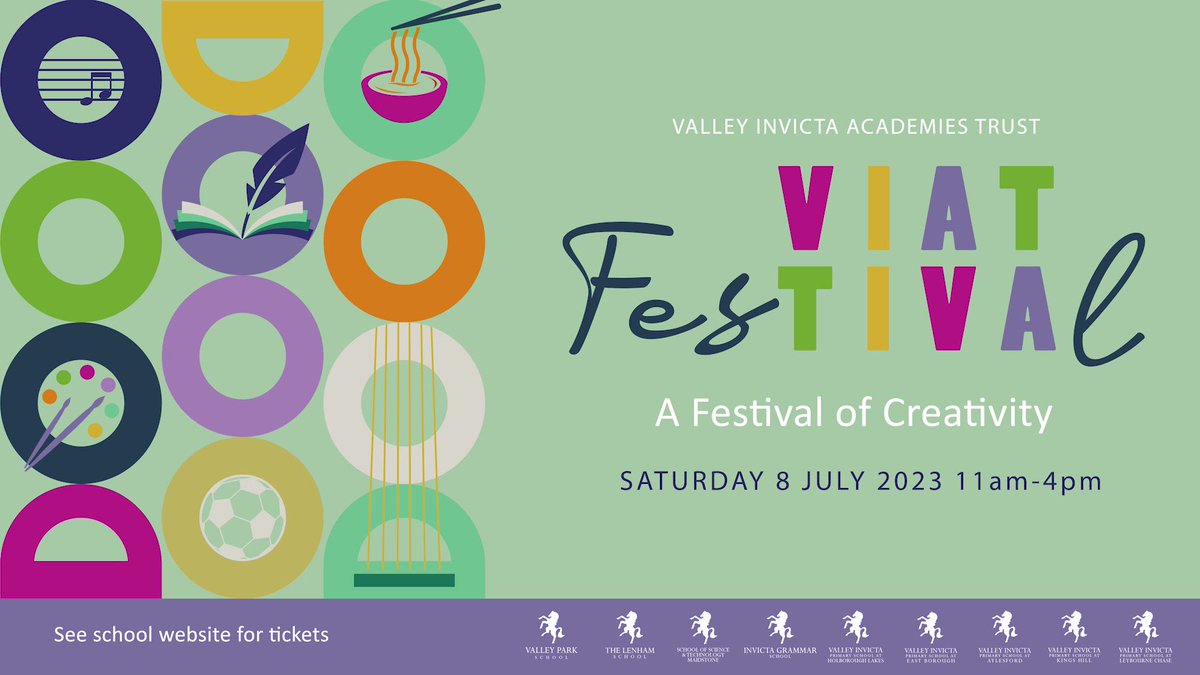Download our FREE smartphone app today!
Science
Introduction:
Science is the understanding and application of knowledge about the world around us based on enquiry and evidence. There is a process of discovery that is inherent in Science, which allows children to naturally link isolated facts into coherent and comprehensive understandings of their world.
At Valley Invicta Primary School at Holborough Lakes, our science curriculum intends to deliver learning that inspires all pupils with a curiosity and fascination about the world around them, to ensure that they want to know more, remember more and understand more. We aim for our children to see themselves as scientists in their everyday lives, to talk like scientists and to look toward the future with an understanding that our comprehension of our world is always changing and evolving.
As a result of this they will:
develop scientific knowledge and conceptual understanding through the specific disciplines of Biology, Chemistry and Physics.
- develop scientific knowledge and conceptual understanding through the specific disciplines of Biology, Chemistry and Physics.
- develop understanding of the nature, processes and methods of Science through different types of science enquiries that help them to answer scientific questions about the world around them.
- be equipped with the scientific knowledge required to understand the uses and implications of Science, today and for the future.
- develop an enthusiasm and enjoyment of scientific learning and discovery.
“The important thing is to never stop questioning.” Albert Einstein
At Valley Invicta Primary School at Holborough Lakes, we recognise the importance of Science in every aspect of daily life. As one of the core subjects taught in Primary Schools, we give the teaching and learning of Science the prominence it requires. The Scientific area of learning is concerned with increasing pupils’ knowledge and understanding of our world, and with developing skills associated with Science, encouraging inquiry-based learners.
The experience of pupils using scientific methods of investigation should develop the natural curiosity of the child, encourage respect for living organisms and the physical environment and provide opportunities to developing children’s questioning. The National Curriculum will provide a structure and skill development for the science curriculum taught throughout the school, which is linked into our knowledge-based curriculum learning. We endeavour to ensure that the Science curriculum we provide, will give children the confidence and motivation to continue to further develop their skills into the next stage of education and adulthood.
The teaching sequence in Science
Our sequences of learning are broken down into sessions, which follow a logical progression of skills and knowledge toward a final outcome (see below) .
Our long-term plan sequences the content set out in the National Curriculum to ensure that knowledge is built upon, and key connections are made throughout a student’s journey from EYFS through to Year 6.
It also helps teachers pose poignant questions to the children, which help guide their learning toward real-life issues, promoting the acquisition of cultural capital and an understanding about their impact on the world around them.
In Science, like all other subjects, we recognise the importance of the methods and practice of teaching (the pedagogy) we choose to use in enabling pupils to know more, understand more and remember more. In Science, the following approaches will be used, and be evident in pupils’ books, in order to ensure that the Science learning opportunities are as effective as possible and that pupils progress throughout the year and across year groups during their history experiences in school:
Topic Progression Document Science
Science Journey (For Students)
Disciplinary Knowledge Progression
Assessment
Formative Assessment
Formative Assessment is the continual assessment of knowledge throughout a unit of work, or even a lesson. This enables the teacher to make changes to their teaching, to address misconceptions, and to provide scaffolds and support for those pupils who require it. In all of our lessons, formative assessment is a key part of our teaching process.
In Science, we include Knowledge Checks to ensure that the class are ready to move on to the next piece of learning or task. These come at pivotal points in the lesson and often take the form of low stakes quizzing (using whiteboards or rehearsed hand signals) or discussion. Similarly, we carefully design hinge questions, which are targeted questions at specific points in the lesson and are used to determine whether knowledge has been learned and understood. Alongside this, we have a short list of marking symbols, which are used to provide timely feedback to pupils. They respond to these marking symbols using a purple pen.
Summative Assessment
Summative Assessment is carried out at the end of a unit of work to evaluate pupils' progress and understanding.
In Years 1 and 2, we use mastery statements to assess whether children have securely understood specific learning objectives. For example: “Child A can name the functions of roots and leaves in a flowering plant.” These statements are developed by teachers and subject leaders to ensure alignment with the National Curriculum. At the end of each unit, teachers review these mastery statements to identify which concepts have been secured and which may need to be revisited in future teaching.
In Key Stage 2, we use post-assessments, typically delivered via Google Forms, to gather data on pupils’ mastery of a topic. At the end of each unit, children complete a set of carefully designed questions created by the Subject Leader in collaboration with the Class Teacher. These assessments are used to evaluate how much key knowledge has been retained.
Pupils’ scores are recorded in their books, and the results inform next steps in teaching. Where necessary, additional support or consolidation activities are provided to ensure all children have a secure understanding of the topic.
Year 6 follows a slightly different approach. In Term 6, we administer a formal test paper that includes KS3-style questions to assess the breadth of knowledge pupils have acquired throughout the year. This helps to identify any remaining gaps in understanding.
The Year 6 curriculum allows for a dedicated consolidation term, which we use to address these gaps and prepare pupils for the transition to Year 7. The outcomes of these assessments also support our Teacher Judgements in Science, which are shared with secondary schools as part of the transition process.
Final Outcomes
The way knowledge about a topic is stored is similar to a complex, interconnected web or ‘schema’. Every time a pupil encounters a word they have previously learned, but applied in a new context, it adds to the complexity of their understanding of that concept. In other words, they develop a deeper understanding of that concept and enhance their capacity to use that concept in their own thinking. Working from this model, all of our units of work end with a ‘final outcome’ to provide purpose to our learning and to enable children to synthesise their learning.
E.g. ‘Research and design a wild area for our school site, suitable for our plants and animals like our hedgehogs.’
We believe authentic outcomes help children to see a real-life impact behind the acquisition of their new knowledge. It motivates pupils to see that learning leads to change, that their voices matter and that their actions make a difference.
We are also delighted to have been awarded the Primary Science Quality Mark - find out more by clicking the logo below!
Useful websites:
BBC Bitesize Science: https://www.bbc.co.uk/bitesize/subjects/z2pfb9q
Reach out reporter from Imperial College London: https://www.reachoutreporter.com
Activities and ideas to do science at home: https://www.stem.org.uk/home-learning
Inspiring Scientists - Diversity In British Science: https://royalsociety.org/topics-policy/diversity-in-science/inspiring-scientists/
Curriculum Intent, Implementation and Impact 1
Intention 1:
To build a Science curriculum which develops learning and results in the acquisition of knowledge.
Implementation:
- Clear and comprehensive scheme of work in line with the National Curriculum. Teaching and Learning should show progression across all key stages within the strands of Science.
- Through learning journeys Children have access to key language and meanings in order to understand and readily apply to their written, mathematical and verbal communication of their skills.
- Children will access resources to acquire learning through Science equipment, digital technology, practical experiences and school enhancement experiences. Children will use a range of secondary resources to develop their knowledge and understanding that is integral to their learning.
Impact:
- Children will achieve age related expectations in Science at the end of their cohort year.
- Children will retain knowledge that is pertinent to Science with a real-life context.
Curriculum Intent, Implementation and Impact 2
Intention 2:
To build a Science curriculum which, enables children to become enquiry based learners.
Implementation:
- Clear and comprehensive scheme of work in line with the National Curriculum. Teaching and Learning should plan for practical investigative opportunities within Science lessons termly.
- Children will reflect on previous learning and cross curricular links will be made through Literacy and Theme. Children will be able to build on prior knowledge and link ideas together, enabling them to question and become enquiry based learners.
- Educational Visits - Where applicable links to Science will be made to develop the children’s topical learning.
- British Values and PSHE linked to our Values of mutual respect and rule of law.
- Children will learn and revisit the importance of our world and how it should be treated.
Impact:
- Children will achieve age related expectations in Science at the end of their cohort year.
- Children will retain knowledge that is pertinent to Science with a real-life context.
- Children will be able to question ideas and reflect on knowledge.
- Children will work collaboratively and practically to investigate and experiment.
- Children will be able to explain the process they have taken and be able to reason scientifically.

























